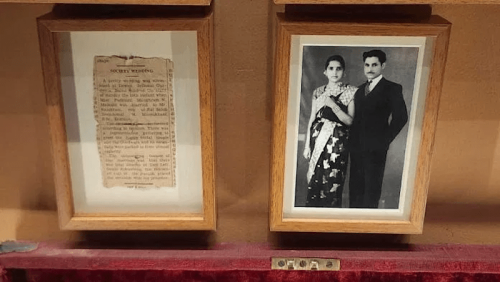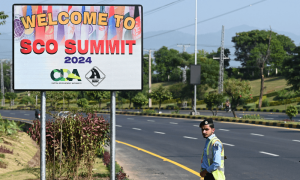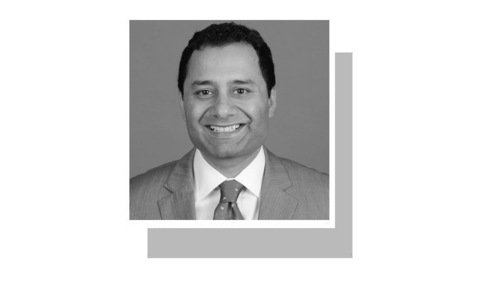 SAHIWAL, Oct 27: As many as 25,000 male and female kiln workers, 11,000 of them less than 16 year old, are working under inhuman conditions at 254 kilns in the district, says a study conducted by a non-governmental organisation.
SAHIWAL, Oct 27: As many as 25,000 male and female kiln workers, 11,000 of them less than 16 year old, are working under inhuman conditions at 254 kilns in the district, says a study conducted by a non-governmental organisation.
According to the data collected by Insan Dost Association (IDA), 90 per cent of the adult kiln workers are not registered as voters while around only 60 per cent of them possesses national identity cards. A majority of the kiln workers are working as bonded labour along with their families, the study further reveals.
Most of theses kilns are located in in Chak No 90-9/L, Kacha Noor Shah Road, Chak No 190–9/L, Harrapa, Chak No 119-9/L, Kameer, Chak No 148-9/L, Chak No 153-5/R, Chak No 39/12-L and Chak No 29-12/L, Chichawatni.
The owners, in most cases, treat the workers and their families as slaves and seldom provide them proper residential facilities, the study says.
“To collect data on these workers, we trained 40 male and female social mobilisers, half of them volunteers, who visited the Kilns and got them (workers) documented”. Mr Anjum Matto, an IDA activist, said.
“It was a huge task to make the kiln workers realise that to have national identity card and get registered as a voter was necessary to establish their identity and citizenship. But, now we have around 8,900 Kiln labourers who posses NICs.” Shazia Wattoo, a social mobiliser.
The government, under International Labor Organization (ILO) guidelines, developed Bonded Labour Fund (BLF) in 2001 to take appropriate steps for the wellbeing and protection of rights of 4.1 million bonded labourers in the country, a majority of them being women.
The fund was envisaged to develop residential colonies for bonded labourers, provide them CNICs, register them as voters, provide them legal aid through Labour Courts at local level, and to help free them from the debt they usually owe to kiln owners.
A huge amount has also been provided to the Labour Department by international donors for the proper implementation of BLF related recommendations. For the purpose, District vigilance Committees were set up in 2003 at district level but practically no concrete steps were taken by these bodies, Mr Matto said. Even the district government mechanism failed to deliver in that particular area, he added.
“It was our struggle which compelled Sahiwal district government to reactivate 21-member District Vigilance Committee in 2005 under the notification SO (JUDL-II)2(13/95) dated 20/06/05, issued by the Home Department,” he said.
The committee now meets once a month under the district nazim, while DCO, DPO, EDO (Revenue), EDO (Law), DSP (Legel), district officer (Labour), presidents of District Bar Association and the Press Club are its members.
Mr Matto said after securing CNICs and getting registered as voters, the workers were planning to field their candidates at union council level on labour seats. “This will bring them into mainstream politics and enable them to safeguard their rights,” he added.
“This will add a political edge to our struggle for rights and we will be able to defend our community in a better way,” Baba Aslam, a kiln worker from Harrapa, said.
James Masih, a kiln worker, has already got himself elected as a minority councillor from UC 10 in the district, setting an example for others. “This is the new phase of our struggle.
We are bringing kiln labour into local body politics. We know well we have potential and vote power to elect our representatives at least from the areas where we have clusters”, Munawar Masih, a kiln worker said.














































Dear visitor, the comments section is undergoing an overhaul and will return soon.